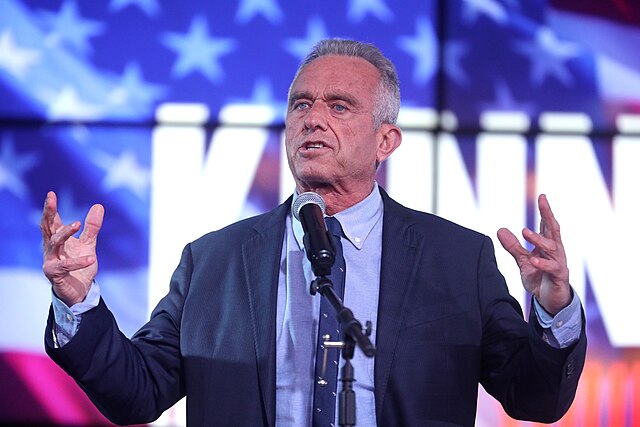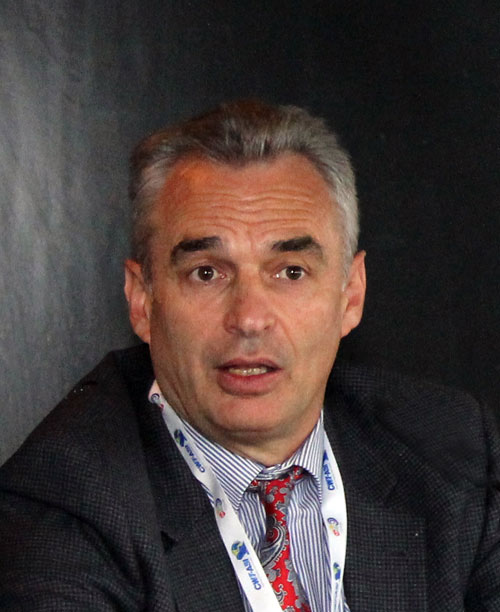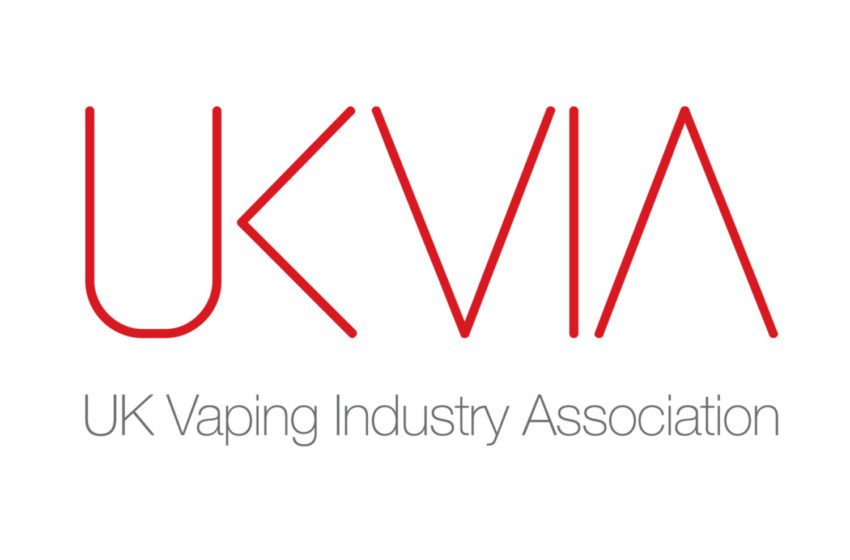
American adults are now more likely to smoke marijuana than tobacco cigarettes.
That’s according to new survey data from Gallup finding that 15 percent of U.S. adults reported that they smoke cannabis, which is more than the 11 percent of those who told the polling firm that they had smoked any cigarettes in the past week.
“While not statistically different from the average of 14 percent in 2021-2022,” Gallup said of the latest two-year average of U.S. marijuana use polling data, the rise to 15 percent is “consistent with the upward trend in recent years.”
Among other findings, the latest data—from 2023 to 2024—indicate that men are more likely than women to report smoking marijuana, at 17 percent compared to 11 percent, media reports. Younger adults, ages 18 to 34, were also more likely (19 percent) to smoke cannabis than adults aged 35 to 54 (18 percent) and those 55 and older (10 percent).
Gallup says the results are reported in two-year averages to improve statistical reliability.













 The U.K. Vaping Industry Association’s (UKVIA) annual Industry Forum will take place at the London Marriott Hotel Regents Park on Friday, Nov. 15.
The U.K. Vaping Industry Association’s (UKVIA) annual Industry Forum will take place at the London Marriott Hotel Regents Park on Friday, Nov. 15.


 Quartz Business Events is partnering with the U.S. Premium Cigar Association (PCA) to launch a premium cigar-focused trade show for the international market. The newly created
Quartz Business Events is partnering with the U.S. Premium Cigar Association (PCA) to launch a premium cigar-focused trade show for the international market. The newly created 


